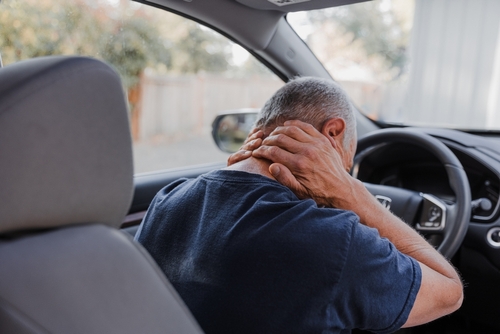Underage drinking is frequent and occurs all around the country. Whether it’s prom night or a regular party, our teens and young adults use alcohol while under the legal drinking age. What worsens the situation is that these same young adults then drive. Despite the fact that Uber and Lyft are currently available in the majority of towns and cities across the country, public transportation is not extensively available. Both North and South Carolina have nothing in the way of public transportation. Children are frequently afraid to call their parents for a ride for fear of getting into trouble. However, this may exacerbate the situation. Both parents and children must be warned of the dangers of underage drinking and driving.
If you or your teenager were charged with a DUI in Asheville, NC, call our DUI defense attorneys now.
Statistics on Underage Drinking
In the United States, underage drinking is a severe public health issue. Alcohol is the most commonly used substance among America’s children, and underage drinking carries significant health and safety dangers. Underage drinking has effects for everyone, regardless of age or drinking status.
Directly or indirectly, we can all be affected by the aggressive behavior, property damage, injuries, violence, and deaths that can follow from underage drinking. This isn’t just a problem for a few families; it’s a national issue.
According to The National Institute of Alcohol Abuse and Alcoholism, people between the ages of 12 and 20 consume 4.0 percent of all alcohol drunk in the United States. Although youth drink less frequently than adults, when they do, they drink more. Binge drinking accounts for more than 90% of all alcoholic drinks consumed by young individuals.
The latest statistics from The National Institute of Alcohol Abuse and Alcoholism available are from 2019 and the report that:
- In 2019, 4.2 million young people said they had binge drank at least once in the previous month.
- In 2019, 825,000 teenagers reported binge drinking on five or more days in the previous month.
Offenses and Underage Drinking
Underage drinking and driving are particularly problematic because it combines two offenses. Underage drinking tickets are usually dealt with swiftly. Drunk driving, on the other hand, is a considerably more serious offense. However, combining the two presents an extremely challenging situation. Suspension of the offender’s license or impoundment of the offender’s car is two of the possible repercussions. This can be terrible for a college student who needs to commute to class or an adolescent working away from home.
Repeat offenders may face even harsher punishments. These possible consequences include jail time, fines, probation, and juvenile detention. As a result, it is vital to remain cautious and prudent before getting behind the wheel. If you do face this issue, there are legal options available to you.
Law and Teen Drunk Driving
Underage DUI laws in most states apply to drivers under the age of 21 and set the BAC limit at.02 percent or less. Furthermore, all drivers who are lawfully arrested for driving under the influence or an underage DUI infraction must submit to BAC testing (typically a breath or blood test) if an officer requests it.
Typically, teen drunk driving rules focus on the amount of alcohol in the young driver’s bloodstream. If the underage driver’s BAC is higher than the legal limit, a conviction is conceivable even if no evidence of actual impairment is available. In other words, you don’t have to be drunk to be convicted—having a BAC above the legal limit is sufficient.
Can You Refuse a Test?
All states have “implied consent” statutes that require lawfully apprehended drivers to submit to a chemical test when requested by an officer. Drivers who illegally resist testing risk having their license suspended. The suspension period for a test rejection is usually longer than the suspension period for a failed test or a DUI conviction.
Some drivers may deny testing to avoid a DUI conviction. If no test results are obtained, the prosecution will lack evidence of exactly what the motorist ingested before driving. On the other hand, the prosecution can generally inform the jury of the defendant’s refusal and claim that the defendant did so to conceal intoxication. As a result, a driver can still be convicted of DUI even if chemical test results are not required.
The North Carolina Department of Public Safety states that a person under the age of 21 who is detected purchasing, attempting to purchase, or having alcohol will be charged with a Class 1 misdemeanor. Sentencing is left up to the judge’s discretion. If convicted, the Division of Motor Vehicles revokes the person’s driver’s license.
Obtaining Legal Counsel and Representation
Most states do not allow a driver to consult with an attorney before determining whether to furnish a sample for a chemical test and what type of test to take. As you know, when drivers refuse to participate, states can impose severe penalties. If you are charged with a DUI in North Carolina as an underage driver, having an experienced attorney explain the laws in your state and how the case is likely to be handled in your community will be beneficial. Some penalties, like a driver’s license suspension, may be unavoidable, but you will still benefit from the counsel of an attorney.
If you are facing a DUI charge as an underage individual or are the parent of a teen charged with a DUI, contact our expert team to help you with any legal proceedings. You can request a free consultation with one of our professional DWI defense attorneys in Asheville.




